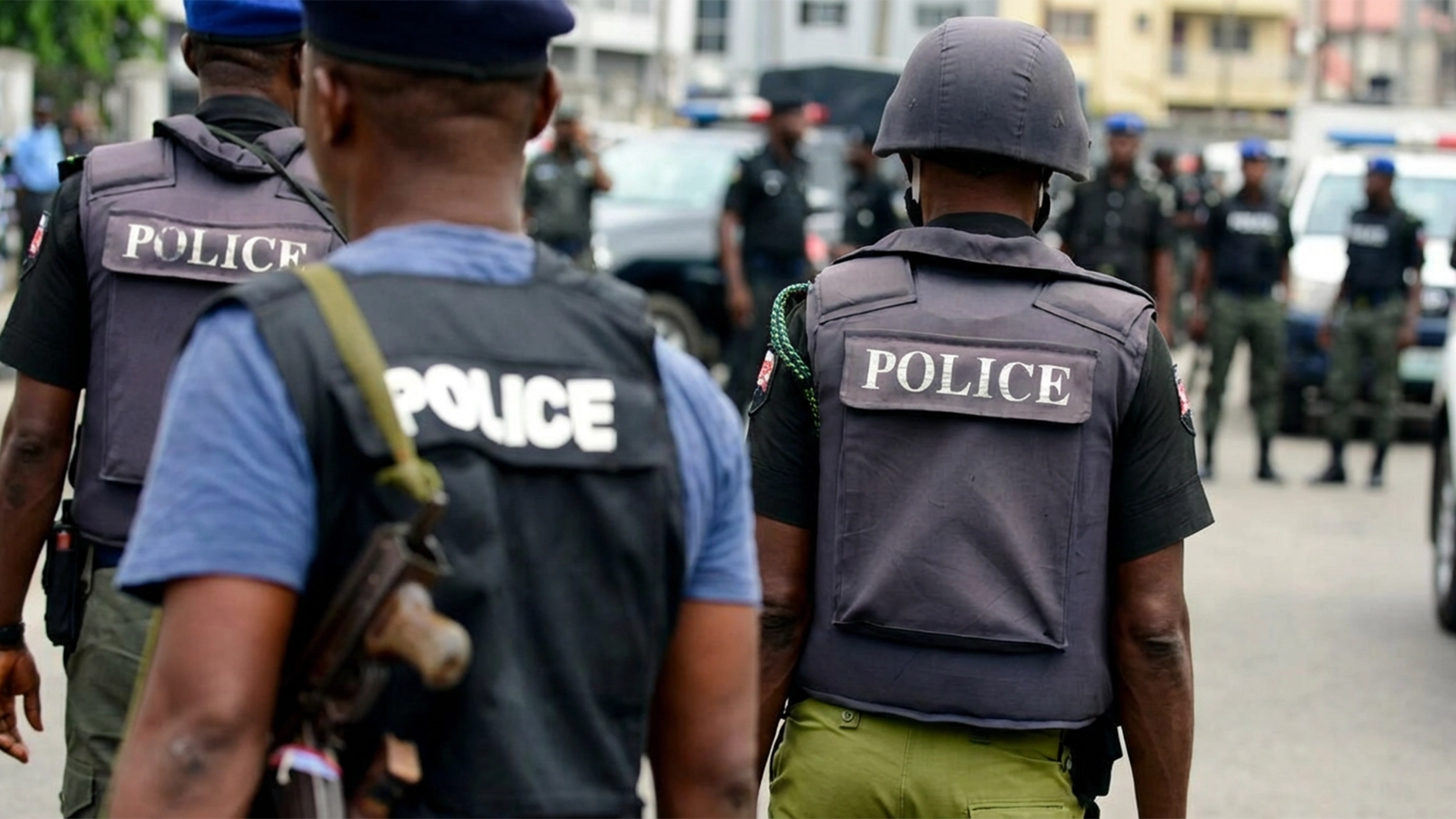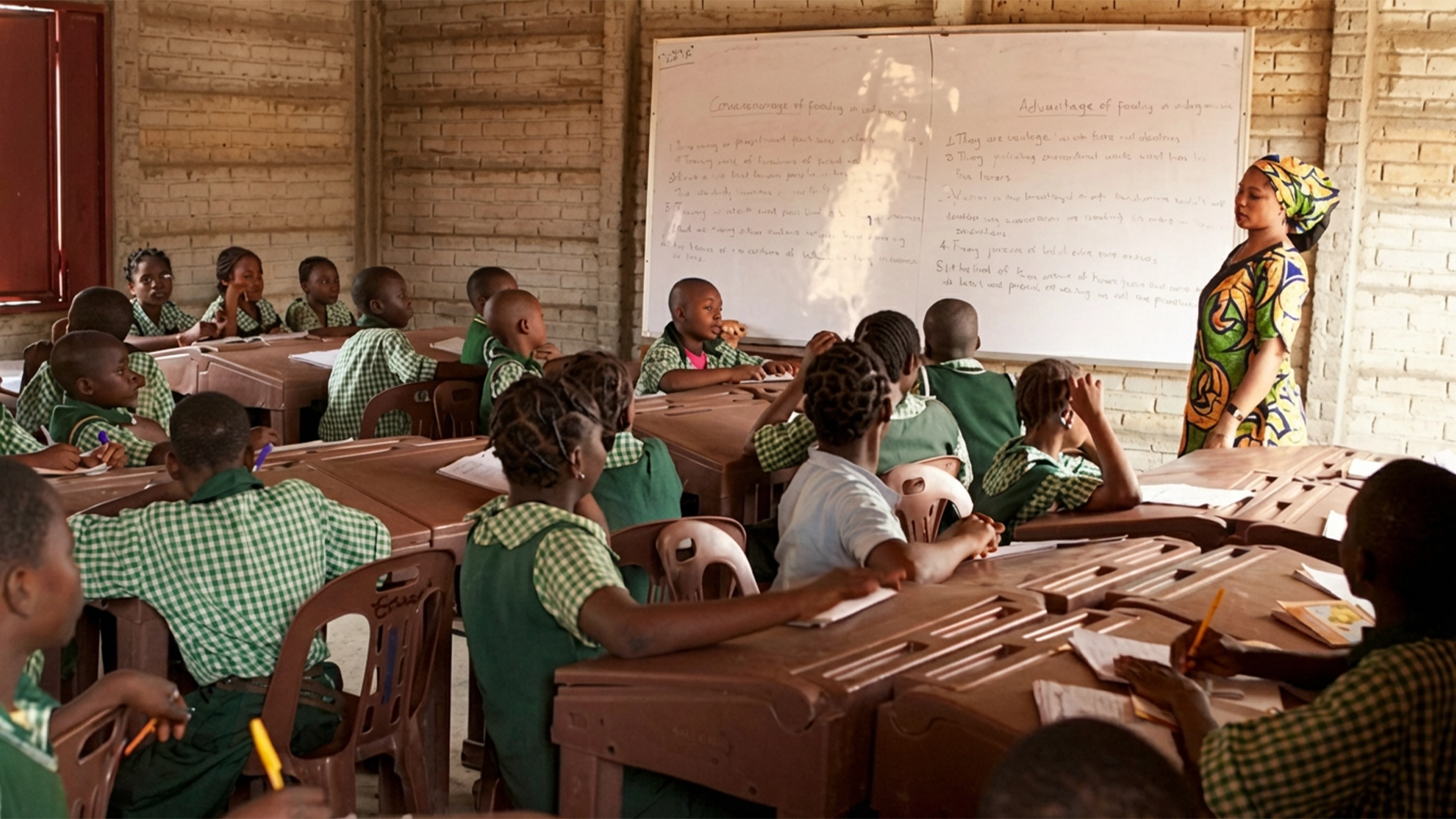
Minister of Interior, Ogbeni Rauf Aregbesola was rightly concerned about incessant violations of the country’s correctional centres when he reportedly said that he would nevertheless not resign over the incidents. After about five attacks in one year on correctional centres, and with hundreds of inmates still unaccounted for, the situation is nothing less than worrisome. The minister’s admission that government’s best efforts at securing the prisons are unfortunately not good enough is not comforting compared with the grave repercussions of hardened criminals on the loose. Indeed, many of the escaped prisoners have been apprehended only after committing heinous crimes, the types for which they were originally jailed in the first place. Beyond this, incessant jailbreaks aided by external attacks speak volumes of the failing state of the nation; and justifies why decent countries worldwide harbor scant regard for Nigeria.
The latest incident of breach of the Jos Correctional Centre in Plateau State, where 252 inmates escaped, as with others before it, further underscores the state of the nation’s insecurity, failings of its critical sectors and a reflection of its poor leadership. About 4000 inmates from various custodian centers across the Country are now on the loose. Apart from those that escaped in Jos, a Prison official and nine inmates died following confrontations between the attackers and prison security personnel.
Aside the first notable attack on Oko Correctional Centre recorded in Benin City, Edo State on October 21, 2020 during the #EndSARS protest, there have been jailbreaks in Imo, Oyo, Kogi and now Plateau states in April, September, October and November this year. More than 1,900 inmates escaped from Oko alone. The incidents bring out the malignant issues plaguing the nation’s administration of justice system and other key sectors, which include inadequate personnel, over population of correctional centres, undue delay in the nation’s criminal justice system and the general state of insecurity in the country. Many questions beg for answers: Who are the persons responsible for these break-ins and what are their motives? Why does the breach of these facilities appear to be easy? Have there been any arrest and or prosecution of persons responsible till date?
At a time that Nigeria is still grappling with cases of terrorism, banditry and kidnappings, this trend only serve to further compound the nation’s security woes and put members of the public at risk, particularly those that these escapees may consider responsible for the incarceration, such as prosecution witnesses, judicial officers, etc. It was in fact reported that one of the inmates that escaped the Oko correctional centre in Benin City was apprehended after killing his neighbour who testified against him, others were arrested for other criminal offences just days after their escape. It is good enough that the biometrics of these inmates are on record, but beyond the publication of their identities, the relevant security agencies should deploy its intelligence networks to ensure that they are recaptured, for the safety of Nigerians and preservation of the dignity and integrity of its justice system.
However, the perennial issues with the nation’s correctional centers may only have served to exacerbate the situation. Every year, Nigerians are reminded by the National Bureau of Statistics, the Nigeria Correctional Service and other data aggregators of how the numbers of awaiting trial inmates’ more than triple the number of actual convicts serving time or on death row awaiting the outcome of appeals and/or governors consent for their execution. But beyond lip service, not much is seen to be done by the relevant authorities to address the root causes of these problems, and this is in spite of billions of naira appropriated on a yearly basis for the correctional centers. The House of Representatives not too long ago lamented the state of the nation’s custodial centers in spite of N613 billion allocated to the agency in the last 10 years (2010-2019). As if on cue, on July 23, 2021, the Minister of Interior, Rauf Aregbesola was again quoted as saying 74 per cent of the total population of inmates in custodial centers are awaiting trial, and while the entire national custodial facilities have a maximum capacity for 57,278 inmates at the last count, they hold a total population of 68,747 inmates.
This is not to take away the efforts put in place for the decongestion of these facilities such as introduction of non-custodial sentences, plea bargain procedures, amongst others, but the government needs to do more in the areas of advocacy and the sustainability of these procedures. Correctional centres should have facilities in line with modern realities of size, locations and security architecture. The power to establish state police should also come with powers to operate remand and or correctional facilities, to help ease the pressure on the federal government.
Importantly, the nation’s administration of justice system needs to operate in a manner that guarantees that only persons deserving of it are remanded in these centers. This can be achieved by boosting the investigative and prosecutorial agencies, such that persons are not arraigned in court for frivolous reasons. Such persons in most cases are the common Nigerians, who are often unable to satisfy their bail conditions and or retain the services of legal representatives. They, therefore, end up being remanded in prison custody awaiting trials, thus unduly fuelling the population of these centres. The country’s security agencies should be sufficiently trained and equipped to undertake thorough forensic investigations in accordance with best international practices and the use of modern technological devices.
Also worthy of note is the reluctance by State governors to lend their signatures to warrants of execution either for political or religious reasons. Indeed, there has been a global advocacy for the abolishment of the death penalty, but until the death penalty is extricated from our penal system, it remains the law, and state chief executives are obligated to execute these warrants.






